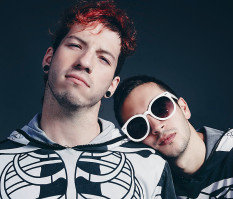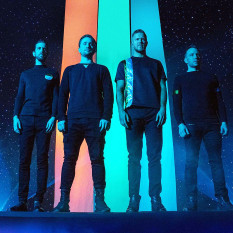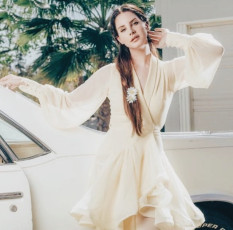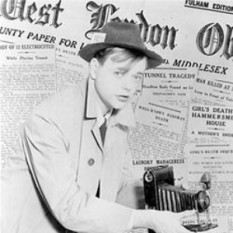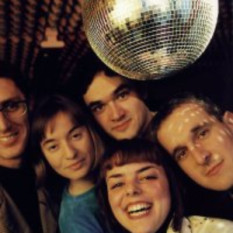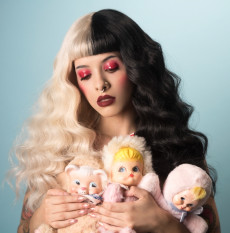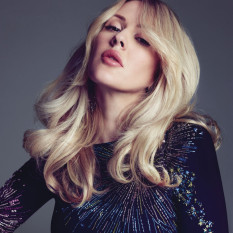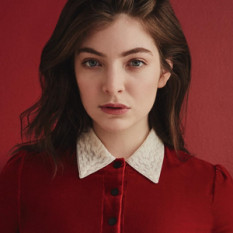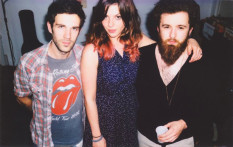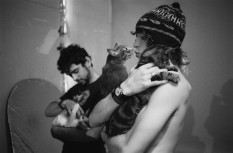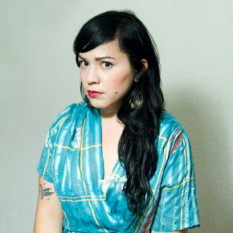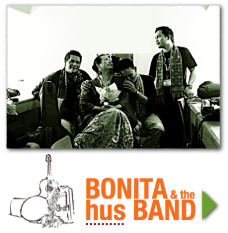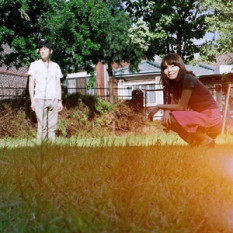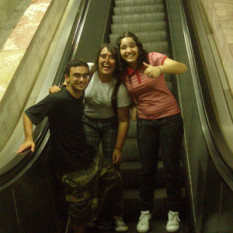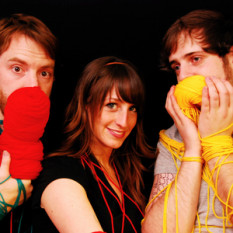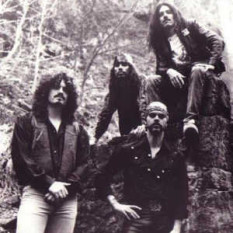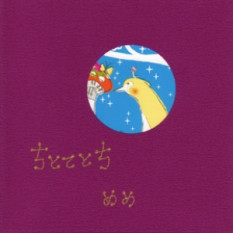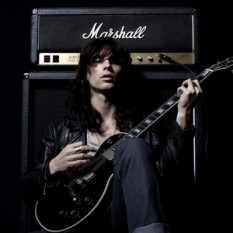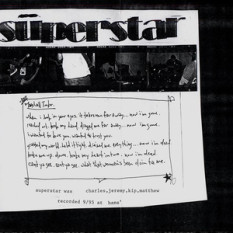Indie pop is a genre of alternative rock music that originated in the United Kingdom in the mid 1980s, with its roots in the Scottish post-punk bands on the Postcard Records label in the early '80s such as Orange Juice and Josef K and the dominant UK independent band of the mid eighties, The Smiths.
While the term ‘indie’ had been used for some time to describe artists on independent labels (and the labels themselves), the key moment in the naming of the genre was the release of NME's C86 tape in 1986. Although featuring a wide range of bands including Primal Scream, Bogshed, Half Man Half Biscuit, and The Wedding Present, it over time became shorthand for a genre known by a variety of terms. Initially it was dubbed 'C86' (after the tape itself), the more ambiguous indie pop, Cutie or a term coined by John Peel: shambling bands. Retrospectively, especially in the United States, the terms twee and twee pop were used, initially ironically, due to what commentators called the "revolt into childhood" of its followers.
Musically its key characteristics were jangling guitars, a love of sixties pop and often fey, innocent lyrics. The UK label Sarah Records and its most popular band The Field Mice, although more diverse than the label indicates, were probably its most typical proponents. It was also inspired by the DIY scene of punk and there was a thriving fanzine, label and club and gig circuit. Scenes later developed in the United States particularly around labels such as K Records. Genres such as Riot Grrrl and bands as diverse as Nirvana, Manic Street Preachers, and Belle and Sebastian have all acknowledged its influence.
In the mid to late 80s, indie pop was criticized for its tweeness and underachievement but many now argue that C86 and the birth of the genre was a pivotal moment for independent music in the UK. It continues to have a strong following and inspire musicians, not just in the UK but around the world with new labels, clubs and bands devoted to the sound. .

